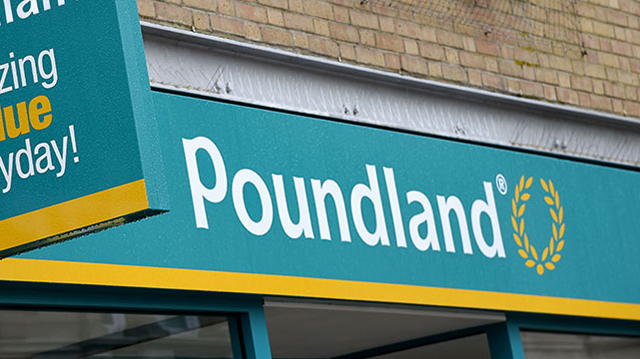Property management is a traditional activity for general practice surveying firms. But property asset management is partly grounded in the practical, physical management end of the spectrum as well as being closely allied to investment surveying.
This dual responsibility means that some real estate asset managers are also offshoots of surveying firms.
The transformation of Rutley Capital Partners, which was rebranded Knight Frank Investors in April, is an example of how the boundaries are changing.
Originally, Rutley Capital Partners’ business plan had been to move up the food chain and to launch proprietary property investment vehicles, raising the equity itself and undertaking top-level strategic fund management. But Rutley, founded in 2005, has necessarily had to change its focus as the financial markets changed.
With a degree of understatement, John Styles, Knight Frank partner and manager of KFI, explains: “The type of private equity, structured-leverage fund model is no longer flavour of the year.” The firm decided to concentrate on looking after property investors, working as a third-party, external property asset manager.
Styles says that KFI is at the early stages of its new business plan, but has about £500m (€608m) of assets under management and is working to expand this amount.
At one end of the scale, KFI’s client base consists of segregated pension fund businesses where property is not held in a fund vehicle. One example is Lancashire County Pension Fund which, Styles says, has about £300m of historic property investments.
At the other end of the scale are the wealth management arms of major banks for whom KFI will create and manage a fund.
Says Styles: “Our USP is that we are a specialist property advisor. We don’t do equities, hedge funds or anything else. We’ve got good penetration in the UK market and also in Europe. We have people on the ground and can just pick the phone up. We trust them to provide good advice locally. That’s the key value add.
“In a private market like real estate, having an inside track on the local market is critical to source investment deals in the first place and to manage assets in the longer term.”
Nigel Biggs, head of European property and asset management at property consultant CB Richard Ellis, says that the external asset manager has a variety of ways to add value. “Some of these are a benefit of working within a multi- disciplinary company. A good asset manager should think like the client but combine this ability with a knowledge of working on larger, varied portfolios. A good external manager is not usually involved in the politics of a fund, so can identify the best way to add value.”
Property asset management activity is also a natural spin-off of fund management. Invista Real Estate Investment Management is 55%-owned by Lloyds Banking Group subsidiary HBOS and almost 25% owned by the Wellcome Trust.
Tony Smedley, head of European funds at Invista, says: “We are at the fund management end of the scale. We structure new funds, raise equity, raise debt, do the accounts, provide net asset valuations and report to investors. We don’t do the day-to-day property management stuff such as maintenance and rent collection but we do all else to provide the asset management overlay.”
Invista has two types of client, retail and institutional, although Smedley says that sometimes it is difficult to distinguish the two. Invista manages the assets of 22 funds, some of which originate within the Lloyds Banking Group, such as HBOS, Halifax and Clerical and Medical.
“Our value is that [our clients] don’t have capabilities in house to be able to undertake property asset management,” says Smedley. The exception is Scottish Widows Asset Management.Smedley says that, typically, the lightest level of management is renegotiating leases early on as they approach expiry in order to improve the terms of the lease for the landlord and to improve investment performance.
Managers of managers
Most clients do not have their own real estate portfolio managers and so are managers of real estate managers, says Jan Vermaas, head of European funds at ING Real Estate Investment Management. While ING Real Estate Investment Management outsources its property management, asset management is done in house and 80-85% of business in continental Europe is running funds for institutional investors.
“We do asset management locally and have offices in 12 countries,” Vermaas adds. Clients includes Netherlands-based funds such as APG, PGGM, PKP, ATP, GIC and GPP as well as Aberdeen Investors.
“The Netherlands-based clients are still important but the non-Dutch element is growing,” Vermaas explains.
Total assets under management are €19bn. Vermaas says that ING adds value by optimising the return from capital value and income.
“Controlling costs is important, but the most important thing is income. However, keeping maintenance and service costs down ensures that tenants are happy. Having the right property manager and monitoring things closely is absolutely essential,” he adds.










